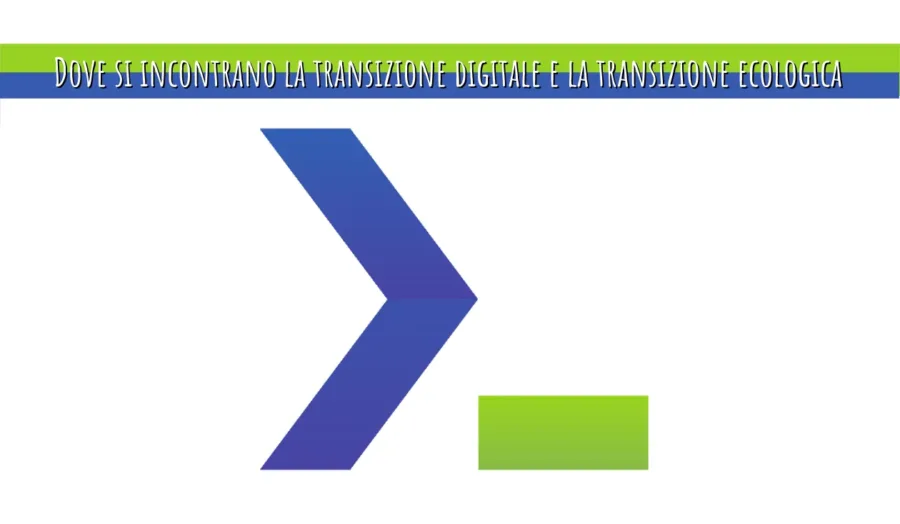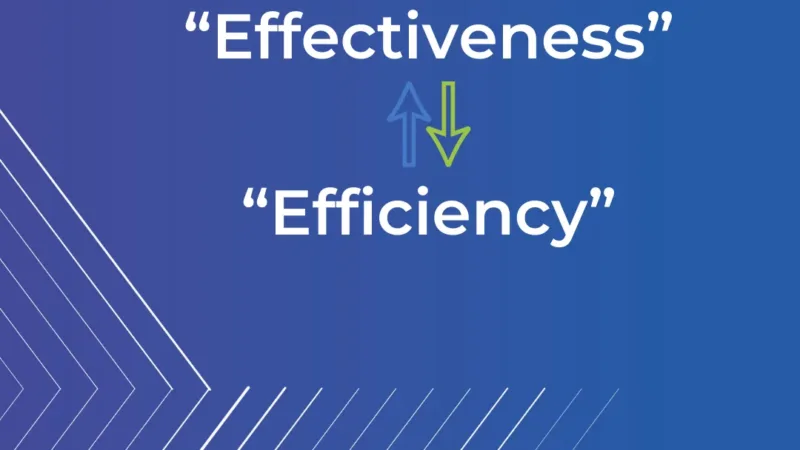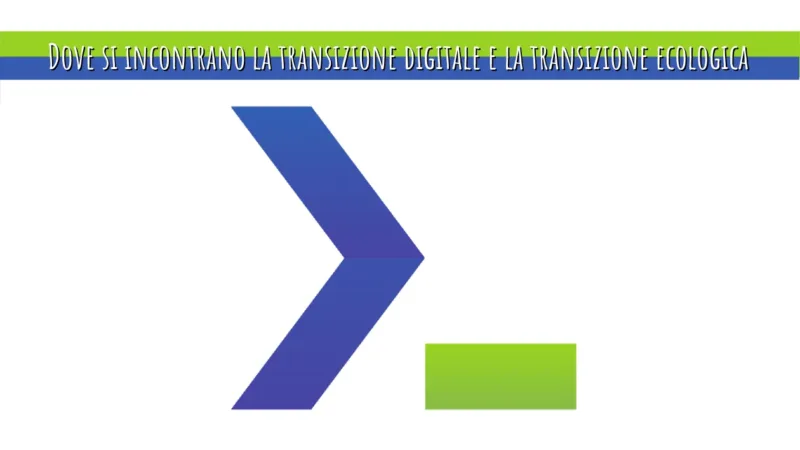Questa è una domanda da un milione di dollari, penserete.
In realtà la risposta potrebbe essere assai banale: il segreto del successo è legato al prendere le decisioni migliori, al fare “la cosa giusta”.
Difficile da obiettare.
A questo punto non resta che indagare su cosa bisogna fare per prendere le giuste decisioni.
E qui le ipotesi si differenziano..
C’è chi dice l’esperienza.. L’esperienza che nasce dagli errori, da cattive decisioni che, piano piano, vanno ad affinare un know how di successo.
Plausibile.
Ma l’esperienza può costituire anche una pesante remora.
L’esperienza inganna perché in grado di ferire o esaltare.
Un’esperienza negativa può metterci paura, così come un’esperienza positiva può rivelarsi una “falsa amica”.
Per non parlare di tutte le opportunità perse in nome del “abbiamo sempre fatto così”, una nota frase, killer di qualsiasi anelito di innovazione e miglioramento. Un esempio quindi di esperienza tossica.
Ma allora, tornando alla nostra domanda, come si fa a prendere la decisione giusta?
L’importanza dei dati
Come prendere la decisone giusta?
I passi da gigante fatti dalla tecnologia moderna negli ultimi 20 anni, forniscono la risposta a questa domanda: i dati.
Che poi, a pensarci bene, i dati sono solo un modo diverso di vedere l’esperienza: è un’esperienza, potremmo dire, in tempo reale, un’esperienza che si mette in gioco in continuazione, aggiusta il tiro frequentemente e guarda solo all’obiettivo finale.
Un’esperienza privata del lato “emotivo”, che ignora la “bolla di pregiudizi” in cui ognuno di noi inevitabilmente si trova.. a causa delle nostre esperienze pregresse.
Il dato è “freddo”, si dice. Sembra una cosa negativa, ma al contrario ci mette al riparo dalle valutazioni soggettive, dall’impulsività, dall’istinto, che può indovinare.. o no.
L’errore più grande che può commettere un manager, è innamorarsi delle proprie idee o intuizioni, come un novello Narciso.
I dati costituiscono il tipo di esperienza di cui necessità il tempo moderno: veloce, efficiente per vocazione, sostenibile per necessità.
Per questo oggi sentiamo sempre più parlare di “company data driven”.
Una company data driven è un’azienda sempre focalizzata su obiettivi di efficienza e sostenibilità e per fare questo il nord della bussola deve essere sempre evidente e chiaro: il dato guida le scelte; il dato aiuta, supporta; il dato pre-vede, anticipa, prefigura.
La domanda che ora salta alla mente però è la seguente: come ottenere i dati necessari per poter decidere nel miglior modo possibile?
Dotarsi di un sistema di data acquisition
Questa è la risposta.
Quindi, ricapitolando:
Qual è il segreto del successo?
Prendere le giuste decisioni.
Come si riesce a prendere le giuste decisioni?
Con l’ausilio dei dati.
Come si ottengono i dati?
Con un sistema di data acquisition.
E, aggiungeremo, una cultura data driven, sposata dall’azienda a tutti i livelli.
Un sistema di data acquisition può voler implicare tante cose. Può essere realizzato a basso livello, oppure ad un livello molto più profondo: un conto è rendere un macchinario semplicemente “smart”, un conto è monitorare centinaia o migliaia di variabili e settare delle automazioni legate a determinati valori delle stesse.
Un sistema di data acquisition fa leva, sì, su sensoristica, PLC, ma più in maniera più ampia, su un sistema generale connesso, di tipo IoT.
Un sistema di data acquisition non si limita a collezionare big data, ma è in grado di sintetizzarne valori, relazioni e comparazioni in dashboard chiare e razionali e in una modalità visual.
Un sistema di data acquisition efficace riesce a fornire informazioni diverse ai diversi ruoli aziendali: l’operatore, il plant manager e il Ceo dell’azienda necessitano di dati, sintesi e grafici differenti.
Infine, per concludere, diremo che un sistema di data acquisition ieri rappresentava l’avanguardia, oggi un concreto elemento di maggiore competitività.
Domani sarà come, oggi, è il PC in ogni ufficio.
Se vi interessano i temi che affrontiamo, iscrivetevi alla nostra Newsletter, per rimanere sempre aggiornati sui contenuti che pubblichiamo.
Ci piacerebbe conoscere il vostro parere. Seguiteci su Linkedin!
Ma se volete seguirci nella maniera più veloce e agile, seguite il nostro canale su Telegram!



